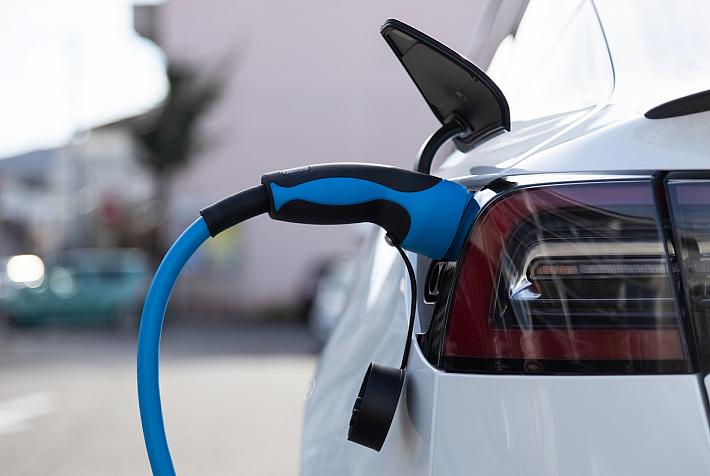Romanians replace electronic devices once every four years or more, study says

Romanians replace their mobile phones and other electronic communications devices, such as laptops, once every four years or more, according to a new study conducted by Romania’s National Authority for Administration and Regulation in Communications (ANCOM).
ANCOM conducted a study on the environmental impact of electronic communications and postal services to identify the level of awareness, attitudes, and perceptions of the population regarding actions to limit this impact.
According to the study, cited by Profit.ro, when choosing electronic communication and postal services, prices and service quality are the most important, scoring 8.7 and 8.5 respectively (on a scale of 1 to 10), while environmental impact scores 6.2 in user preferences.
A total of 63% of the interviewed persons believe that reducing the carbon footprint of electronic communication services primarily requires abandoning old, less efficient technologies.
An additional tax on environmentally unsustainable services would be accepted by one-fifth of the respondents.
Most respondents said they replace equipment once every four years or less frequently, with laptops/computers being kept the longest. Equipment deterioration is the reason for the most recent replacement.
Electronic devices (smartphones, tablets, laptops, computers, etc.) used in the last five years have most often been given to relatives/friends (49%), taken for repair (47%), or recycled (32%).
In the purchase decision, 60% of respondents would consider the energy class of the phone only if the price is similar. Furthermore, cash compensations or vouchers would positively influence the decision to recycle electronic equipment for 72% of respondents, and handing over the old equipment when receiving the new one for 59% of respondents.
The study also indicates that respondents generally consider themselves uninformed about the environmental impact of electronic communication. The vast majority of respondents (83%) believe that the greatest impact of electronic communications on the environment is due to the used equipment.
The study also highlighted that, in general, the most useful aspect of digitalization is connecting with other people (average score 8.79), especially for respondents aged 16-24 years. Respondents aged 45-54 and 65+ years believe that the most useful aspect of digitalization is easier access to culture or information (average scores 8.65 and 8.51, respectively). Among respondents who use the internet, the most time is dedicated to work (144 minutes per day, on average).
(Photo source: flynt | Dreamstime.com)












